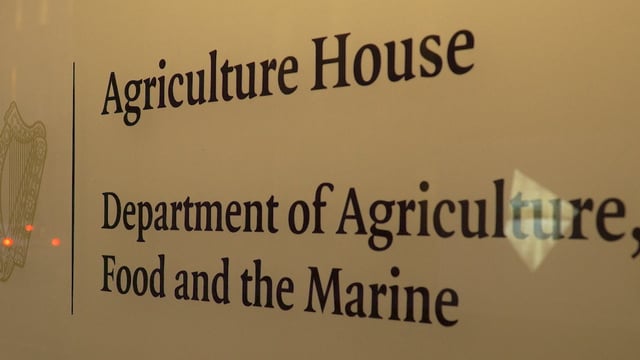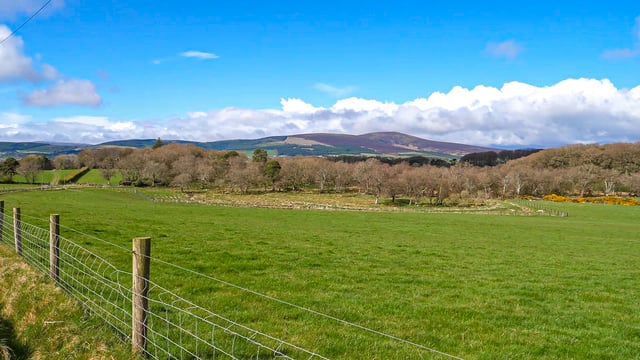Consultation launched on potential introduction of a Renewable Heat Obligation
The Department of Environment, Climate and Communications has launched a consultation on the potential introduction of a Renewable Heat Obligation.
As Agriland reported earlier this month, such an obligation could require energy suppliers in the heat sector to ensure that a certain percentage of the energy supplied is renewable.
Ireland currently has 6.3% of its heat sector demand met by renewable energy like biomass and biogas, which is the lowest percentage of any country in Europe and well below the EU average of 22%.
While "some progress" is being made in terms of increasing renewable heat in Ireland, "more will need to be done", according to the department.
Ireland did not meet its 2020 target of 16% for renewable energy and "performed poorly" in terms of renewable energy use in the heat sector.
An obligation in the heat sector will "incentivise the use of renewable heat while spreading the obligation across all non-renewable fuel types", according to the department.
The suppliers of fuels (including oil, LPG, natural gas, coal, and peat) will be subject to the obligation.
It is not proposed that district heating systems using waste heat/renewable heat would be subject to the obligation.
According to the department's consultation document, it is expected that the level of obligation (the Heat Obligation Rate) would be "introduced as a low level and increased over the years ahead".
"The initial Heat Obligation Rate could be set at 0.5%. Based on 2019 data, this would equate to circa 260GWh of renewable energy.
Suppliers could be able to meet their obligation by "supplying renewable energy or trading with other suppliers of renewable energy in the heat sector".
"For example, a supplier of oil might buy 'credits' generated by a supplier of renewable gas.
"This may provide a more cost-efficient way of meeting a supplier’s obligation."
Only renewable energy that meets the sustainability criteria under the revised Renewable Energy Directive will be permitted to be used to meet the obligation, the department explained.
"This could include biogas/biomethane, bioliquid, biomass and green hydrogen [i.e. hydrogen produced from renewable electricity].
In order to "specifically incentivise the uptake and use" of green hydroden, it is intended that where it is used to meet the obligation, a "multiplier would be applied" - for example, "each unit of renewable energy supplied via green hydrogen would count as double that of a similar unit of other renewable energy".
To ensure there is "sufficient time to develop the supply of renewable energy and associated infrastructure", it is proposed that the first obligation period will be over three years, 2023-2025.
"Compliance will be measured over the full three-year period as a whole," the department said.
"Following this initial period, compliance will be measured on an annual basis."
The consultation is open until October 1.





